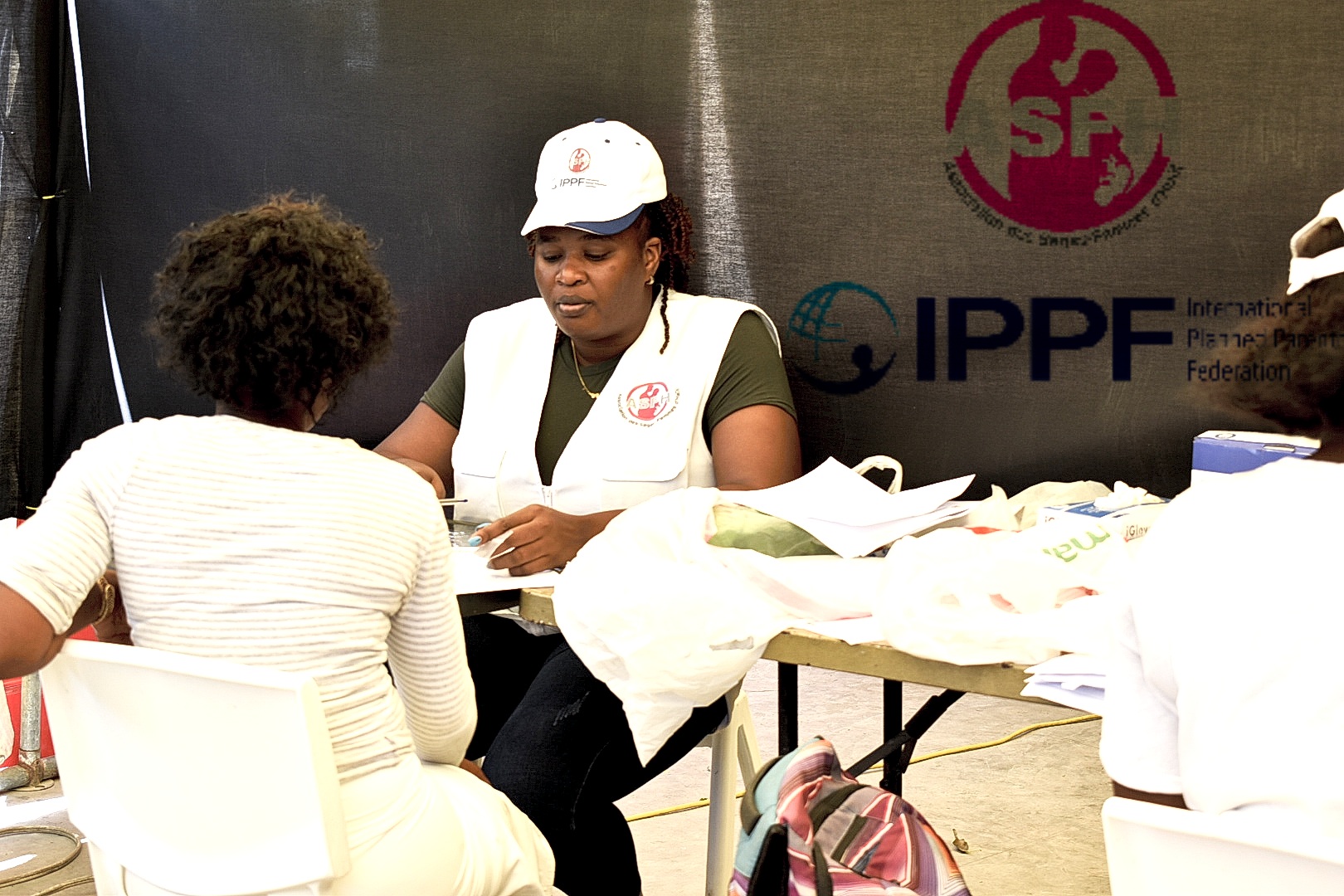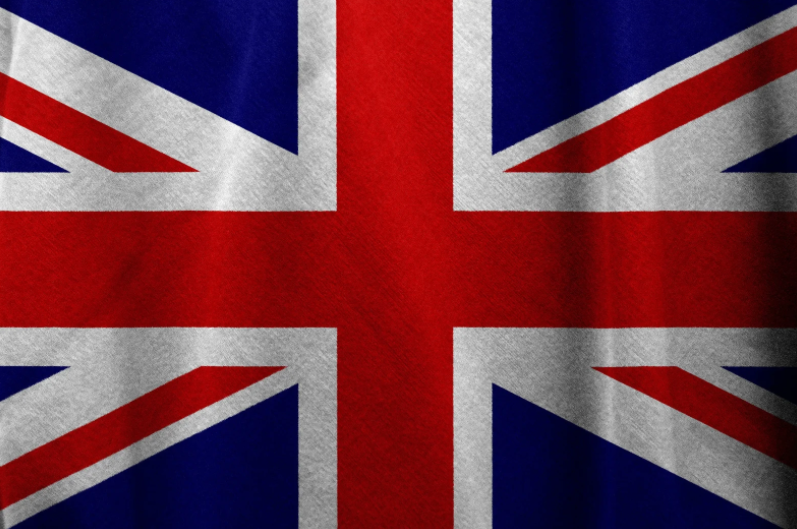Latest press releases
A selection of stories from across the Federation

Netherlands
Rutgers triumphs in landmark court case against lies, online hate and disinformation
Rutgers, the Netherlands’ leading sexual and reproductive health expert and IPPF’s Member Association, has today secured a landmark legal win against an ultra-conservative group.
For media enquiries


| 19 June 2024
IPPF Statement on the Ongoing Violence in Haiti
Haz click aquí para leer este posicionamiento en español The International Planned Parenthood Federation (IPPF) is deeply concerned about the escalating violence and political instability in Haiti, particularly its disproportionate impact on women and girls since March 2024. This crisis is expected to leave 3,000 pregnant women without essential medical care, leading to nearly 450 women experiencing life-threatening childbirth complications. With almost 580,000 Haitians displaced, women and girls are experiencing an alarming surge in sexual and gender-based violence (SGBV), including rampant sexual assaults, torture, and collective rape by armed groups. From January to March 2024, there were 1,793 SGBV incidents reported. Conflict-related insecurity has also significantly increased negative coping mechanisms, contributing to the rise in SGBV, as well as sexually transmitted infections and HIV. The ongoing violence is preventing access to essential sexual and reproductive healthcare services, endangering the lives of mothers and newborns. Our partner in Haiti, the Haiti Midwives Association, informed us, ‘the gangs prohibit the movement of motorcycles and pedestrians, threatening and sometimes shooting in the air to terrorise us further. Due to these difficult conditions, fewer and fewer patients are attending the hospital, whether for prenatal consultations, deliveries or postnatal care.” This inaccessibility has led to a significant increase in maternal and infant mortality. Eugenia López Uribe, Regional Director of the IPPF Americas & the Caribbean, said, “Humanitarian aid must be granted access through local organisations, such as our partner the Haiti Midwives Association, and their wellbeing must be guaranteed in this process. Women and girls can no longer wait! Our partner has provided access to vital emergency services such as pregnancy, childbirth and postpartum care, as well as care after sexual violence for 20 years. However, since February, they have been forced to stop their activities because of the imminent risks they face as women living in Port-au-Prince and surrounding areas.” On this International Day for the Elimination of Sexual Violence in Conflict, IPPF calls for zero tolerance toward any form of SGBV and demands the immediate protection of Haitian women, children, and those most at risk. We strongly call for unhindered humanitarian access to allow aid into Haiti. This aid must be designed and controlled by local NGOs and aid workers, and any foreign peacekeepers must safeguard and protect local communities - in particular their sexual and reproductive rights - so mistakes of the past are not repeated. Let’s not forget: Haiti's poverty and instability has been shaped by decades of foreign occupation and colonialism. The international community owes Haiti more than mere condolences; they owe an unwavering commitment to a future where human rights, including sexual and reproductive health rights are respected and protected, and nobody is left behind.

| 18 March 2022
Equalities Assessment: UK Government knew 2021 aid cuts would significantly impact women and girls
The Government’s Equalities Assessment shows that the government was well aware that the scale of the 2021 aid cuts to specific gender interventions, including Violence Against Women and Girls and Sexual and Reproductive Health and Rights, would disproportionately impact women, girls and people with protected characteristics such as those living with disabilities. The U.K. government were also aware that the aid cuts would reduce services available to survivors of sexual violence, including sexual exploitation, abuse and sexual harassment. Dr Alvaro Bermejo, Director-General of the International Planned Parenthood Federation, said: “We are pleased to see the long-awaited equalities assessment and are hopeful that public scrutiny will encourage the Government to double down on its efforts to champion and support equality. Government commitments are especially significant for 2022, given the scale of the 2021 aid cuts to specific gender interventions, including those helping to end Violence Against Women and Girls, Sexual and Reproductive Health and Rights programmes and targeted interventions aimed at reaching those left furthest behind – including people living with disabilities. “Today, the role of international aid in building a better, safer and equal world is more relevant than ever as the Ukrainian people look to governments across the globe to support them during the most severe humanitarian crisis Europe has seen in years. With the EU predicting up to 7 million displaced people and vulnerable refugee populations requiring distinct and personalised care, we ask the U.K Government to step up for the international community and return to the 0.7% aid target as soon as possible – the lives and futures of people across the globe depend on it.” Manuelle Hurwitz, Director of Programmes for IPPF, added: "The government knew the reduction to development programmes would completely contradict its priorities of getting 40 million more girls into education by 2025 flies in the face of achieving gender equality and yet it chose to proceed with them anyway. For media enquiries, please contact [email protected]
















